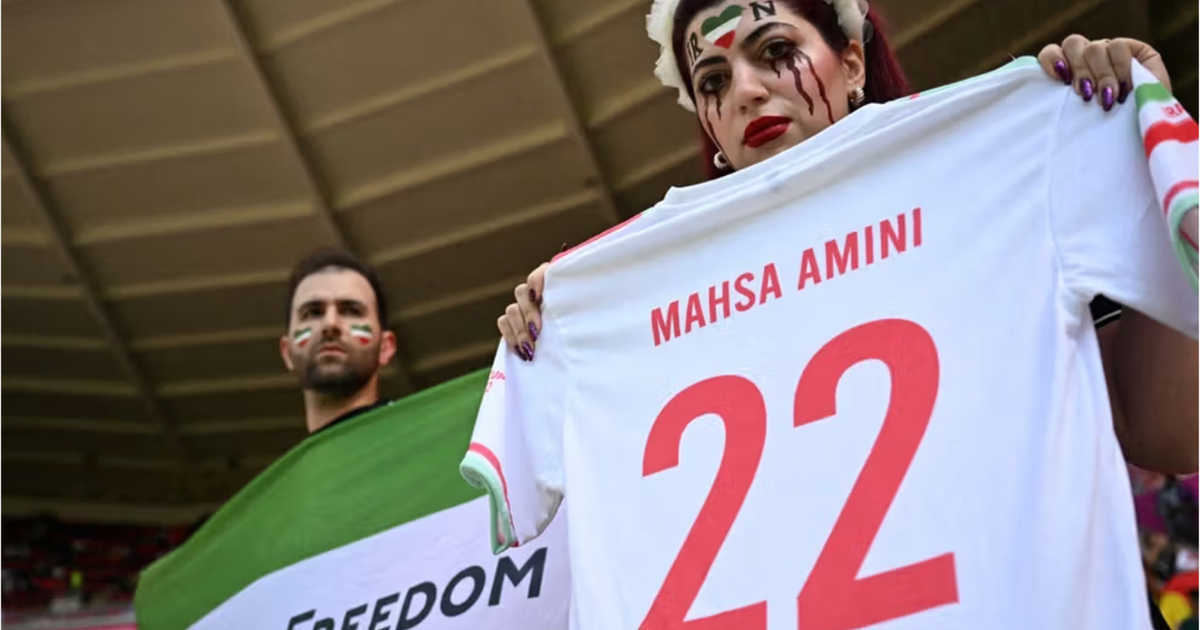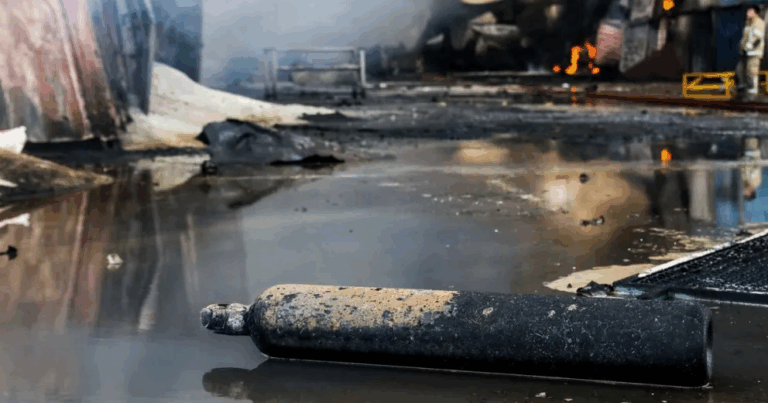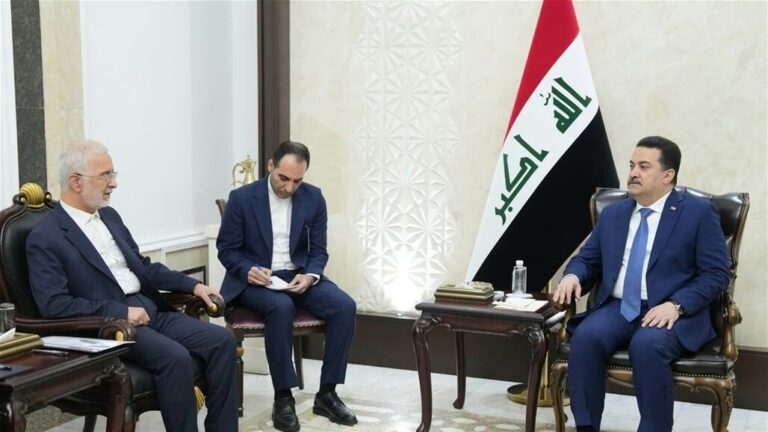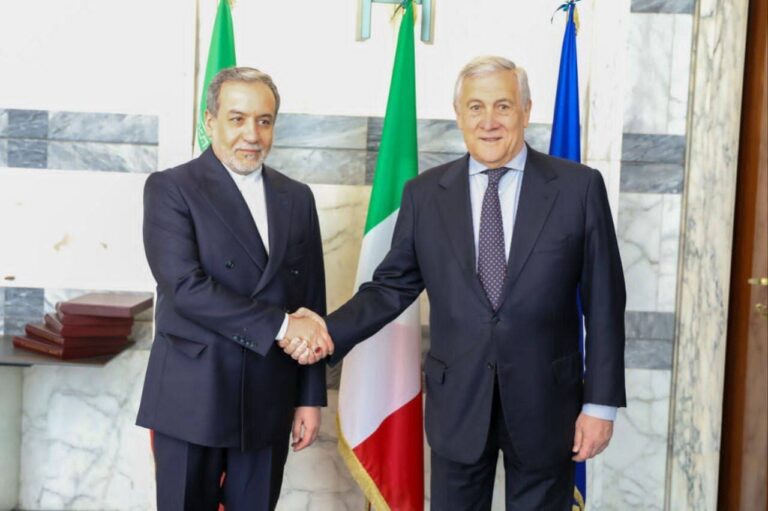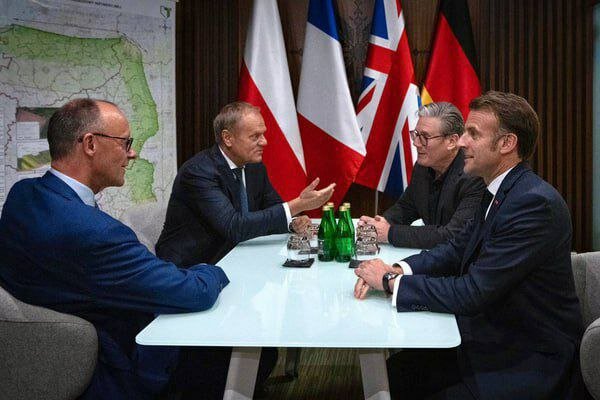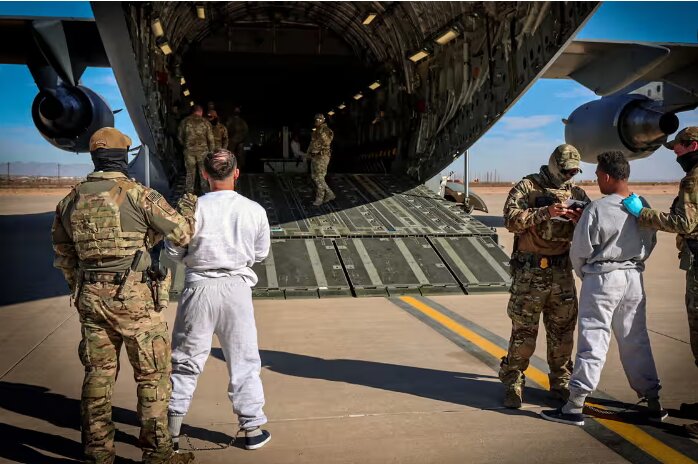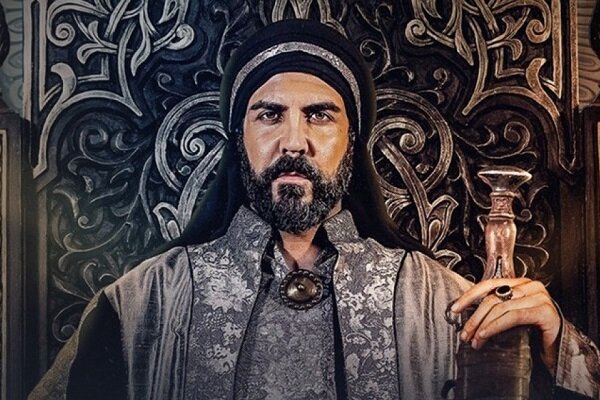Exploring the Shift: Why Iranians Are Losing Faith in Their National Football Team
The recent qualification of Iran’s national football team, Team Melli, for the 2026 FIFA World Cup has been met with a surprising lack of enthusiasm among the public. This indifference reflects deep societal and political divisions that go far beyond the excitement typically associated with football. The absence of jubilation marks a significant shift in how Iranians connect with their national team and the broader implications of this event.
On Tuesday, Team Melli secured their World Cup spot with a draw against Uzbekistan. Historically, such achievements would ignite nationwide celebrations, with millions taking to the streets to express their joy. However, this time, the response was notably muted. Media outlets in Tehran, including Rouydad24, and various social media users highlighted this apathy. Journalist Mohammad Parsi remarked on X, stating, “The national football team qualified for the World Cup, but there was no enthusiasm in the public sphere or on social media. The event seemed so insignificant that people behaved as if they had no connection to the team.”
This stark contrast to the past is evident when recalling Iran’s qualification for the 1998 World Cup, which came after a thrilling victory against Australia. The joy of that moment saw millions dancing in the streets, unafraid of intervention from the morality police. Such euphoria is a distant memory for many today, as changing political landscapes have altered public sentiment.
Football has long held the title of Iran’s most beloved sport, yet a growing number of Iranians have expressed a loss of pride in their national team. This transformation is heavily influenced by the political climate, particularly following the “Woman, Life, Freedom” protests that erupted in response to the tragic death of 22-year-old Mahsa Amini in September 2022. Amini died while in custody for allegedly breaching hijab laws, igniting a wave of protests across the nation.
During these protests, Team Melli initially appeared to stand in solidarity with demonstrators. Several players, including forward Sardar Azmoun, openly condemned the government’s violent crackdown on dissent. Many players wore black armbands and refrained from singing the Islamic Republic’s anthem before their World Cup match against England in November 2022, signaling their support for the movement.
However, as pressure mounted from security forces, the team’s public backing of the protesters diminished. This shift contributed to widespread disillusionment among fans, who began referring to the squad as the “government’s team” or “mullahs’ team.” The team’s meeting with then-president Ebrahim Raisi before their trip to Qatar further fueled discontent among supporters, as many felt the players had ignored the ongoing crackdown on protests.
Prominent figures in Iranian football, such as legendary striker Ali Daei and outspoken star Ali Karimi, faced repercussions for their support of the protests. Both have been charged in absentia and declined FIFA and Qatar’s invitation to attend matches in Doha, reflecting their disapproval of the situation.
The unpopularity of Team Melli peaked in February 2024, when a significant number of fans celebrated the team’s defeat to Qatar in the Asian Cup tournament. Criticism has also been directed at Inter Milan striker Mehdi Taremi, who scored both goals in the recent match against Uzbekistan. Taremi, known for his pro-government stance, faced backlash for distancing himself from political issues and denying allegations that the team had been pressured into singing the national anthem.
The declining support for Team Melli is further illustrated by decreasing attendance at matches. For instance, during a recent match attended by President Masoud Pezeshkian, only one-third of the 100,000 seats at Azadi Stadium were filled, despite the game occurring during the New Year holidays.
- Historical Context: The stark contrast between past celebrations and current indifference highlights the political climate’s impact on public sentiment.
- Political Influence: The protests following Mahsa Amini’s death have significantly affected how Iranians view their national team.
- Team’s Response: Initial solidarity from players has diminished under pressure, leading to fan disillusionment.
- Attendance Decline: Dwindling stadium attendance reflects the growing disconnect between the team and its supporters.
In conclusion, the qualification of Team Melli for the 2026 FIFA World Cup serves as a poignant reminder of the complexities surrounding sports in politically charged environments. As the nation grapples with deep-seated issues, the football field becomes a microcosm of broader societal struggles. With the absence of celebration following this significant achievement, the future of Iranian football and its connection with the public remains uncertain.
